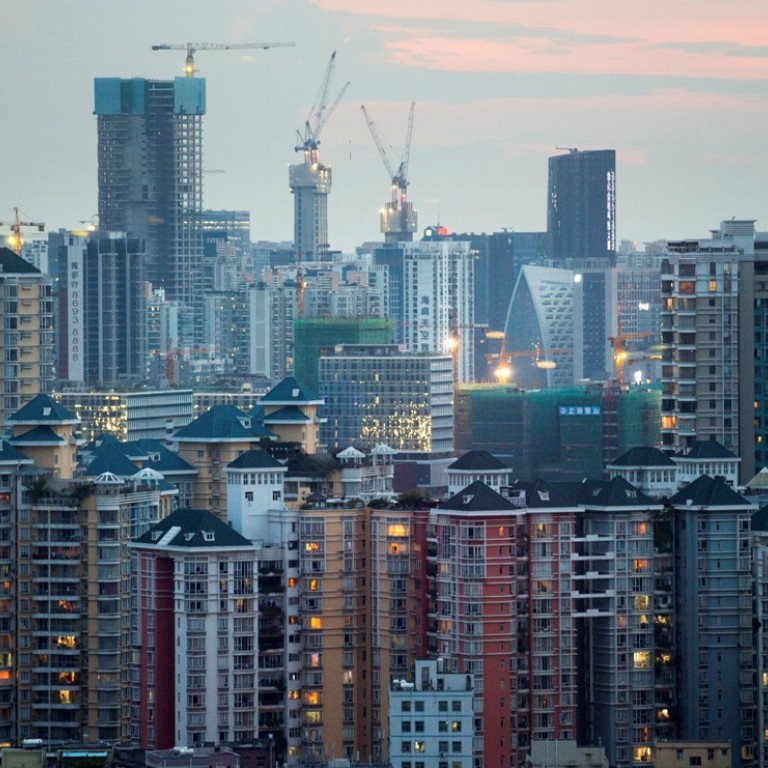
Plan to extend Pearl River Delta city clusters aimed at boosting poorer parts
Guangdong has unveiled an urbanisation blueprint to expand the size of "city clusters" in the Pearl River Delta to boost development in the inner regions of the province.
Guangdong has unveiled an urbanisation blueprint to expand the size of "city clusters" in the Pearl River Delta to boost development in the inner regions of the province.
The plan also aims to free large towns from the restrictions of their township-level governance as many have already developed into medium-sized cities. The proposal for the towns is subject to Beijing's approval.
Although Guandong is one of China's most successful provinces, much of its prosperity remains centred around the delta, resulting in a two-tracked economy of wealthy coastal cities and economically deprived townships and rural centres.
Guangdong's urbanisation blueprint for 2014 to 2020, released this week, comes six months after the national urbanisation plan was launched in March. The almost 100-page report, released on Wednesday, will undergo public consultation until September 18.
Expanding the three city clusters would boost growth in poorer cities while increasing regional and global competitiveness.
Dr Peng Peng, at the Guangzhou Academy of Social Sciences, said expanding the affluent metropolises of the Pearl River Delta would hasten growth in poorer neighbouring cities.
"The delta's growth engines can help correct the regional development imbalance," he said.
Peng noted that existing townships such as Changan near Dongguan and Ronggui in the Shunde district of Foshan each had more than a million residents and a gross domestic product in the tens of billions of yuan, on par with other medium-sized mainland cities.
"While upgrading these giant townships could boost growth, it could also create administrative obstacles that would need to be addressed - such as how a township-level city like Ronggui could be managed by a district-level government like Shunde in future," Peng added.
But Dr Ding Li, a planning expert also at the Guangdong Academy of Social Sciences, said upgrading townships with city-level administrations was "a meaningless move that would create administrative chaos".

